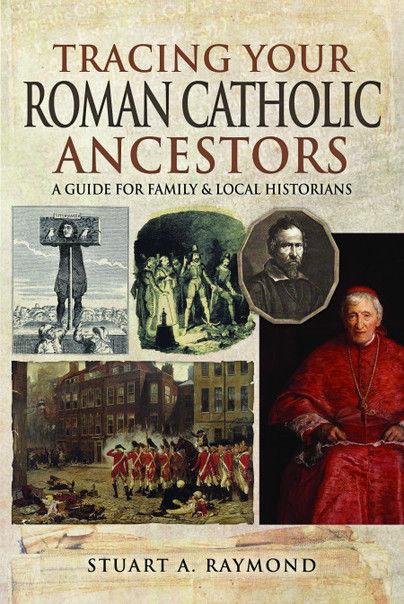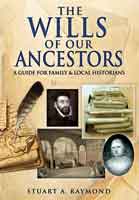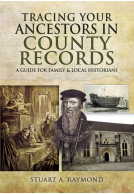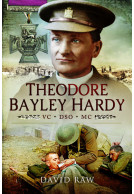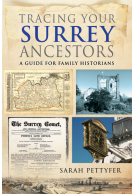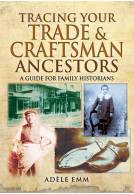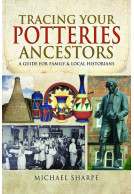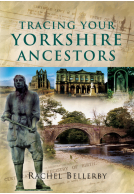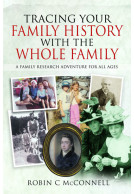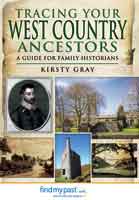Tracing Your Roman Catholic Ancestors (Paperback)
A Guide for Family & Local Historians
Imprint: Pen & Sword Family History
Series: Tracing Your Ancestors
Pages: 240
Illustrations: 30
ISBN: 9781526716682
Published: 19th September 2018
(click here for international delivery rates)
Order within the next 8 hours, 53 minutes to get your order processed the next working day!
Need a currency converter? Check XE.com for live rates
| Other formats available | Price |
|---|---|
| Tracing Your Roman Catholic Ancestors ePub (5.6 MB) Add to Basket | £6.99 |
Tracing Your Roman Catholic Ancestors is the ideal handbook for readers and researchers who are keen to find out about their Roman Catholic ancestors and for anyone who wants an introduction to Roman Catholic history in general. Stuart Raymond provides a brief historical account covering the Roman Catholics from the sixteenth to the twentieth centuries, then goes on to identify the available sources, explaining their strengths and weaknesses. His accessible and authoritative book will be an essential source of insight and reference for anyone who is starting to explore this fascinating subject.
The Catholic church's structure is described, as are the various repositories where relevant archives and books can be found. Chapters are devoted to specific sources and what they can reveal about the church and those who were members of it. Much information concerning Catholicism is to be found in the records of repression. The records of Quarter Sessions and the Anglican ecclesiastical courts, together with central government sources, tell us much about our Roman Catholic ancestors, and are fully described. So are the records of Roman Catholic baptisms, marriages and burials. Other Roman Catholic records, such as confirmation lists, are also covered, as are records relating to Roman Catholic clergy and religious orders.
Stuart Raymond's handbook opens up the history of the Roman Catholic Church for researchers who want to gain an understanding of the religious lives of their ancestors and for those who have a wider interest in the history of religion.
As featured in: 'Registering Catholic Estates'
Family Tree
Featured in
The Essex Family Historian, August 2019
Not only does this book fill a long-felt gap in the market, but its appearance could hardly be more well-timed.
Genealogist's Magazine
Raymond has managed to combine a luminously clear introduction to a complex subject with cornucopia of possibilities for more advanced researchers. This is now the essential tool for anyone interested in the subject.
Exceptionally well organized and presented, "Tracing Your Roman Catholic Ancestors" is a unique and extraordinary instruction manual, guide and history that is unreservedly recommended for personal, professional, community, college, and university library Genealogy collections and supplemental studies lists.
Midwest Book Review
Read the full review here
This is a long overdue book supplying a much-needed resource, as so many people in England have Catholic ancestors...
WDYTYA? magazine, December 2018 – reviewed by Sylvia Dibbs
... The book is an essential buy that should be in every family historian's library.
This is a good handbook for those researching their Catholic ancestors as well as anyone wanting a wider introduction to the history of Roman Catholicism.
Bristol & Avon FHS
About Stuart A. Raymond
Stuart Raymond has been studying local history for almost 50 years. He was formerly librarian of the Yorkshire Archaeological Society, and assistant librarian at Deakin University. He has made many contributions to local history journals, and has written numerous handbooks for both local and family historians, for example, The Wills of Our Ancestors, Tracing your Ancestors Parish Records, Tracing Your Ancestors in County Records, Tracing Your Nonconformist Ancestors, Tracing Your Church of England Ancestors, Tracing Your Roman Catholic Ancestors, and Tracing your Poor Ancestors. His recent work, Stourton before Stourhead: A History of the Parish 1550-1750, demonstrates the uses to which the sources described in this book can be put.







